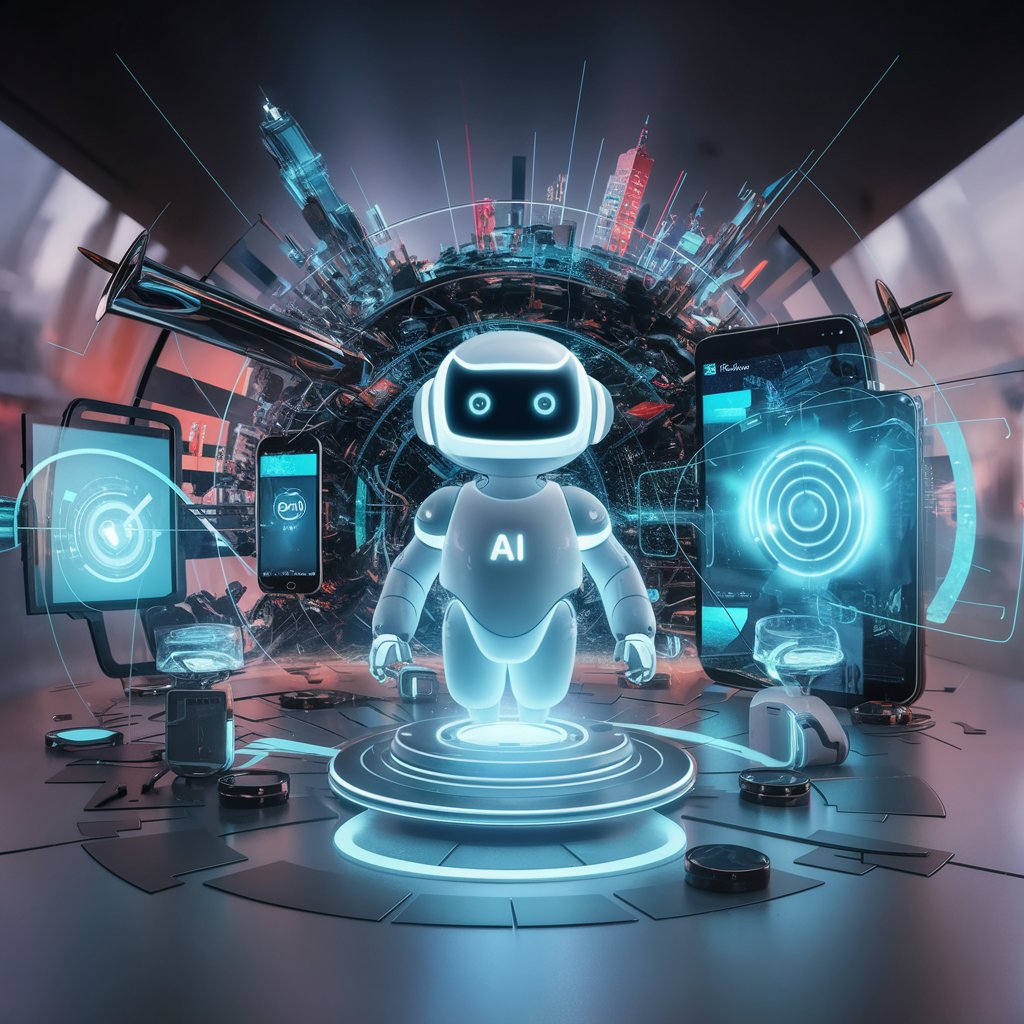
Here are 25 things technical writers should know about artificial intelligence and how it may affect their profession:
Introduction
Artificial intelligence (AI) is rapidly advancing and being integrated into many industries, including technical writing. As AI capabilities grow, it has the potential to significantly impact and transform the work of technical writers. This paper will explore 25 key things technical writers should be aware of regarding AI and how it may shape their professional landscape in the coming years.
1. AI can assist with content generation, potentially automating some writing tasks.
2.Natural Language Generation (NLG) AI can turn structured data into readable narratives.
3. AI-powered writing tools can check grammar, style, tone and suggest improvements.
4. Machine learning algorithms can personalize content based on user data and behavior.
5. Chatbots and virtual assistants may handle some basic user inquiries, reducing need for some documentation.
6. AI can automate document tagging, categorization and metadata to improve content organization.
7. Sentiment analysis AI can assess user feedback to inform content improvements.
8. AI translation tools are improving, assisting with multilingual documentation.
9. Voice interfaces and digital assistants provide new documentation formats to consider.
10. AI can identify content gaps by analyzing user queries not addressed in existing docs.
11. Automated doc testing tools leverage AI to find bugs, broken links, etc.
12. AI can generate initial FAQ docs based on common user questions/issues.
13. AI writing aids may require human oversight to validate outputs and avoid errors.
14. Technical writers need to focus more on high-value content AI can't easily generate.
15. Human writers still needed for complex, creative, empathetic content.
16. Writers may need to develop AI-related skills like working with content automation tools.
17. AI could impact employment by automating some writing tasks, but also creates new roles.
18. Technical writers may shift to more strategic rather than production-centric roles.
19. Emotional intelligence and interpersonal skills will be key AI-resistant abilities.
20. UX writing and conversational content design are key with chatbots/virtual assistants.
21. Writers need to adapt content for new AI-driven personalized user experiences.
22. AI-powered analytics provide rich insights to optimize content effectiveness.
23. Ethical use of user data for personalization requires new content guidelines.
24. Technical writers can provide human touch and nuance AI content may lack.
25. Ongoing learning and adaptability are essential as AI's impact evolves over time.
While AI will automate some technical writing tasks, it is unlikely to fully replace human writers in the near future. AI can augment and streamline technical writing in many ways, from assisting with content generation and optimization to enabling more personalized user experiences. Technical writers will need to adapt by developing new skills, focusing on higher-value content, providing human nuance and oversight for AI outputs, and staying agile as AI's influence grows over time. By proactively understanding AI's potential impact, technical writers can leverage it as a beneficial tool while also preserving the human element that is essential for truly effective technical content. Ultimately, technical writers who embrace AI as a partner in their work will be well-positioned to thrive in the next era of intelligent content.